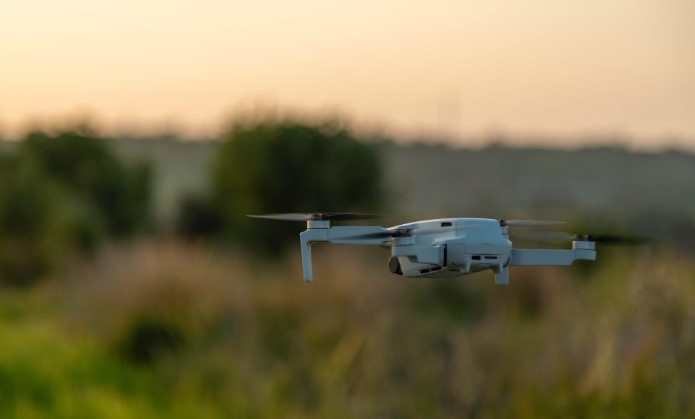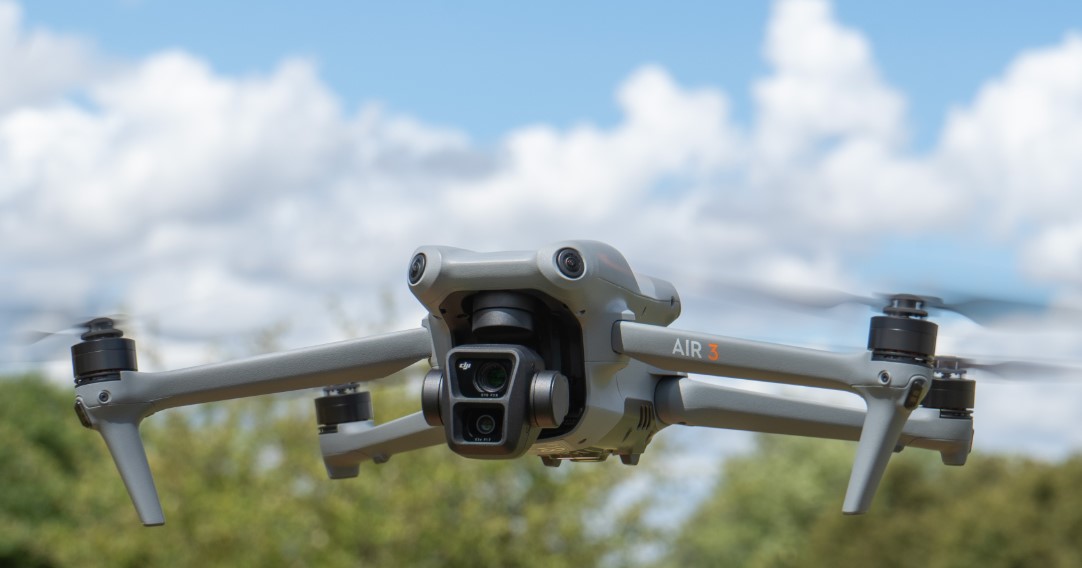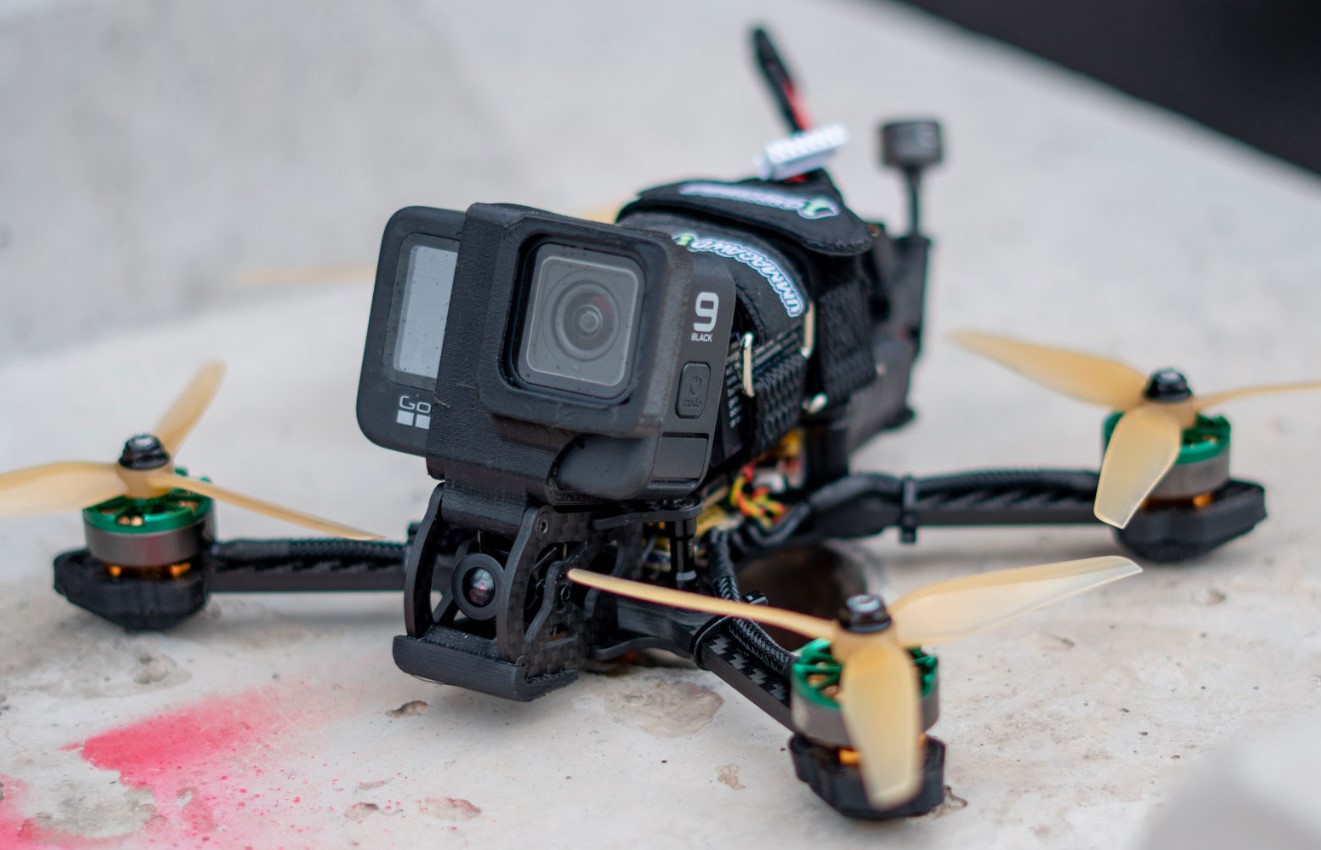If you’re wondering, “Is drone allowed in Singapore?” the answer is yes, but with strict regulations and conditions. This comprehensive guide will explore the rules, permits, and best practices for flying drones in Singapore, helping you navigate the legal landscape effectively. Follow Dronevoz.com !!!
Understanding Drone Regulations in Singapore
Singapore, known for its stringent laws and regulations, has a well-defined framework for drone operations. The Civil Aviation Authority of Singapore (CAAS) is the primary regulatory body responsible for overseeing drone activities in the country. The regulations are designed to balance the growing interest in drone usage with the need to maintain public safety, protect privacy, and prevent disruptions to aviation operations.
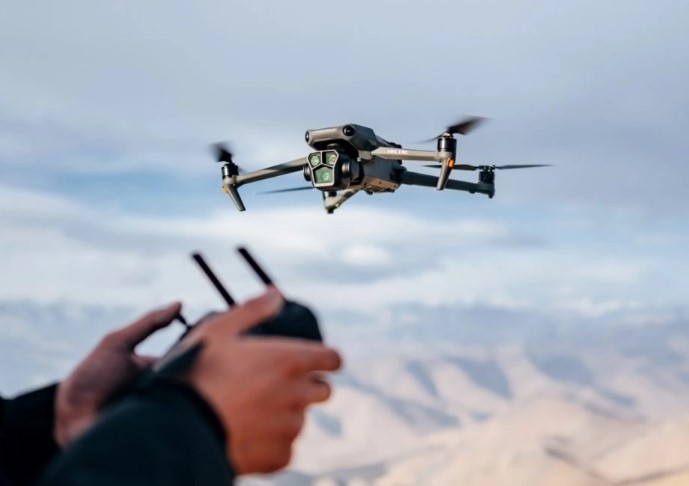
Key Regulations for Drone Use in Singapore
- Permit Requirement: In Singapore, flying a drone without a permit is illegal. The CAAS mandates that all drone operators obtain a permit before flying. The type of permit depends on the purpose of the flight (recreational or commercial) and the location where the drone will be operated.
- Weight Restrictions: Drones weighing less than 7 kilograms (including payload) are considered “Class 1” drones and are subject to specific regulations. Drones weighing more than 7 kilograms fall under “Class 2” and require more stringent permits and safety measures.
- No-Fly Zones: Certain areas in Singapore are designated as no-fly zones for drones. These include restricted areas near airports, military installations, government buildings, and densely populated public spaces. Flying in these zones without explicit permission is a serious offense.
- Height Restrictions: Drones are generally not allowed to fly above 200 feet (60 meters) above ground level unless special permission is granted.
- Line of Sight: Operators must maintain visual line-of-sight (VLOS) with their drones at all times during flight. This ensures that the operator can monitor the drone’s movements and avoid potential hazards.
- Proximity to People and Property: Drones must not be flown within 50 meters of any person, vehicle, building, or structure that is not under the operator’s control. This rule is in place to prevent accidents and protect public safety.
- Night Flying: Flying drones at night is generally prohibited unless the operator has obtained specific approval from the CAAS.
Are Drones Allowed in Singapore?
Yes, drones are allowed in Singapore, but their use is regulated by the Civil Aviation Authority of Singapore (CAAS). Singapore has a structured framework for drone operations to ensure public safety and maintain airspace security. Individuals or businesses planning to fly drones in Singapore must adhere to specific rules depending on the drone’s weight, purpose, and location of use.
Types of Drone Permits in Singapore
To legally fly a drone in Singapore, you need to apply for the appropriate permit. The CAAS offers two main types of permits:
- Class 1 Activity Permit: This permit is required for recreational drone flying. It is suitable for hobbyists who want to fly drones for personal enjoyment. The permit is valid for up to one year and allows flights in approved areas.
- Class 2 Activity Permit: This permit is required for commercial drone operations, such as aerial photography, surveying, or delivery services. The process for obtaining a Class 2 permit is more rigorous, as it involves higher-risk activities. Operators may need to demonstrate additional qualifications, such as passing a theory test or obtaining third-party liability insurance.
How to Apply for a Drone Permit
- Visit the CAAS website and submit an online application for the appropriate permit.
- Provide details about the drone, including its make, model, and weight.
- Specify the purpose of the flight (recreational or commercial) and the intended location.
- Pay the applicable fees, which vary depending on the type of permit.
- Await approval from the CAAS. The processing time can take several days to weeks, depending on the complexity of the application.
>>> Read: Is Drone Allowed in Kashmir?
Where Can You Fly a Drone in Singapore?
While Singapore is a small and densely populated country, there are designated areas where drone flying is permitted. However, these areas are subject to change, and it’s essential to check the latest updates from the CAAS before planning your flight.
Approved Drone Flying Locations
- Kallang Field: A popular spot for recreational drone flying, located near the Singapore Sports Hub.
- Marina Barrage: Another approved location, offering scenic views of the city skyline.
- Open Fields in Parks: Some parks, such as Bishan-Ang Mo Kio Park, have designated areas for drone flying. However, operators must ensure they do not disturb wildlife or other park visitors.
No-Fly Zones to Avoid
- Changi Airport and Seletar Airport: These areas have strict no-fly restrictions due to their proximity to air traffic.
- Government Buildings: Areas near government offices, embassies, and military bases are off-limits.
- Residential Areas: Flying drones over private property without permission is prohibited.
Penalties for Violating Drone Regulations
Singapore is known for its strict enforcement of laws, and violating drone regulations can result in severe penalties. Offenders may face fines, imprisonment, or both, depending on the severity of the violation.
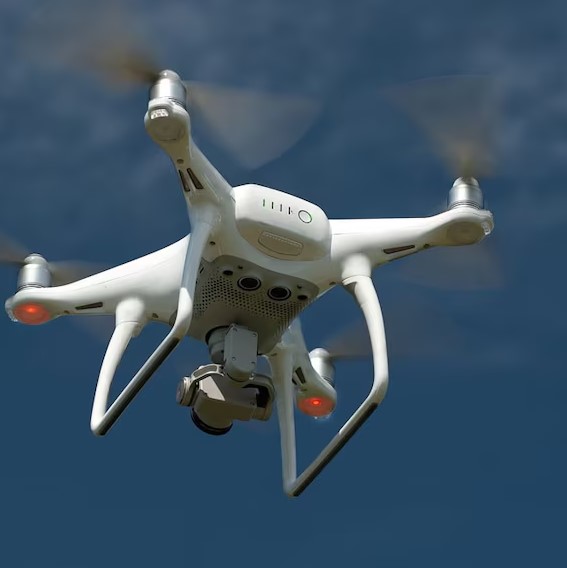
Common Offenses and Penalties
- Flying Without a Permit: Fines of up to SGD 50,000 and/or imprisonment for up to two years.
- Flying in No-Fly Zones: Similar penalties apply, with potential additional charges for endangering public safety.
- Exceeding Height Limits: Operators may face fines and have their permits revoked.
- Causing Damage or Injury: In cases where a drone causes harm to people or property, the penalties can be significantly higher.
Best Practices for Drone Operators in Singapore
To ensure a safe and enjoyable drone-flying experience, follow these best practices:
- Always Obtain the Necessary Permits: Before flying, ensure you have the appropriate permit from the CAAS. This not only keeps you compliant with the law but also protects you from potential legal consequences.
- Check Weather Conditions: Avoid flying in adverse weather conditions, such as strong winds, rain, or low visibility. Poor weather can affect drone stability and increase the risk of accidents.
- Respect Privacy: Avoid flying over private property or capturing images of individuals without their consent. Respecting privacy is not only a legal requirement but also a matter of ethical responsibility.
- Maintain Visual Line of Sight: Always keep your drone within your line of sight. This allows you to monitor its movements and respond quickly to potential hazards.
- Stay Updated on Regulations: Drone regulations in Singapore are subject to change. Regularly check the CAAS website for updates and ensure you are aware of any new rules or restrictions.
- Use Reliable Equipment: Invest in a high-quality drone with reliable safety features, such as obstacle avoidance and automatic return-to-home functionality.
- Practice Responsible Flying: Be considerate of other people and the environment. Avoid flying in crowded areas, disturbing wildlife, or causing unnecessary noise.
Commercial Drone Use in Singapore
For businesses looking to leverage drones for commercial purposes, Singapore offers opportunities but also imposes strict requirements. Commercial drone operations, such as aerial photography, surveying, or delivery services, require a Class 2 Activity Permit. Additionally, operators may need to meet specific qualifications, such as:
- Theory Test: The CAAS offers a theory test for commercial drone operators, covering topics like airspace regulations, safety protocols, and emergency procedures.
- Insurance: Commercial operators are often required to obtain third-party liability insurance to cover potential damages or injuries caused by their drones.
- Special Approvals: Depending on the nature of the operation, additional approvals may be required. For example, flying over public roads or near critical infrastructure may necessitate extra permits.
>>> Read More: How Are Drones Used in Agriculture?
The Future of Drone Use in Singapore
As technology advances, the use of drones is expected to grow in Singapore, particularly in sectors like logistics, urban planning, and emergency services. The government is actively exploring ways to integrate drones into the country’s infrastructure while maintaining safety and compliance. For example:
- Drone Delivery Trials: Companies like Amazon and local startups have conducted trials for drone delivery services in Singapore, aiming to revolutionize logistics in urban areas.
- Urban Air Mobility: Singapore is exploring the use of drones for urban air mobility, such as passenger drones and air taxis, as part of its smart city initiatives.
- Public Safety Applications: Drones are being used by emergency services for tasks like search and rescue, disaster response, and crowd monitoring during large events.
However, these advancements will likely come with even stricter regulations to ensure the safe integration of drones into Singapore’s airspace.
Conclusion
So, is drone allowed in Singapore? Yes, but with clear guidelines and regulations that must be followed. Whether you’re a hobbyist flying for fun or a professional using drones for business, understanding and adhering to the rules set by the CAAS is essential. By obtaining the necessary permits, respecting no-fly zones, and practicing responsible flying, you can enjoy the benefits of drone technology while staying compliant with Singapore’s laws.
As drones continue to play a larger role in Singapore’s technological landscape, staying informed about the latest regulations and best practices will be crucial. Whether you’re capturing stunning aerial footage or exploring innovative commercial applications, drones offer exciting possibilities—but only when used responsibly and legally.
